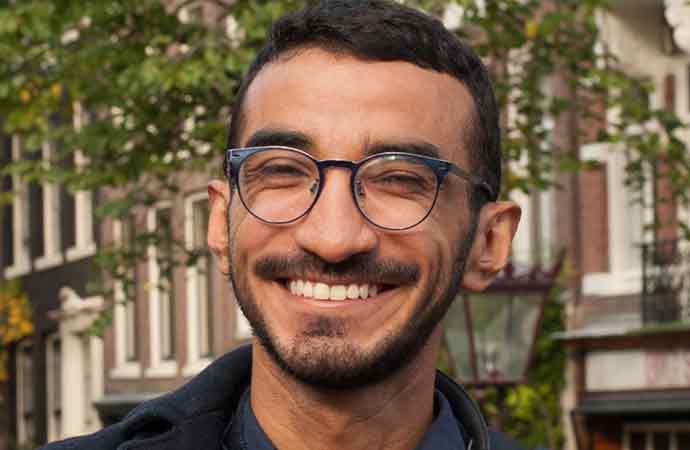– A highly rewarding work, says Lizardi. He is a PhD student at the Department of Health Economics and Management at the University of Oslo. Lizardi also teaches seminars in programming using R and causal inference.
To what extent is the knowledge you acquired during the master's study in health management and health economics relevant to your current job?
– In the program, I learned most of the tools and concepts I use every day at work. During this time, I learned about causal inference and the use of econometrics to answer causal questions. Also, I learned most of the coding tools that I use regularly in my research. As a complement, the program’s flexibility allowed me to explore other areas such as management, health financing, and qualitative methods.
How did you get the job?
– In the last semester, while writing my master's thesis, I started to apply to PhD programs at different universities, including the University of Oslo (UiO). After some rejections, I was admitted to UiO and another university. The process was new to me, but I used help from the career center at the university. They helped to organize my CV and prepare for the interview. It all ended well, he adds.
What do you like best about this profession?
– I like a lot working with big datasets and answering questions with them. I also enjoy the flexibility and independence of being a PhD student. But the part I like the most is that my colleagues are very supportive and are always open to discussing ideas and hurdles that appear along the way.
What job opportunities are there within the profession?
– Being a health economist from our program provides you with the foundations to find a job in many areas, including positions in the academic sector, pharmaceutical industry, and private and public consulting. Some of my fellow students from the program, currently work in areas related to the evaluation of pharmaceuticals and health technologies, public policy consultancy, and research at hospitals.
Do you have any career advice for new students?
– Invest some time learning about what other people in the profession do, and if you are interested in one particular position, then you can learn more about those types of jobs and apply. Do not be afraid to ask for help while looking for jobs; In the process, there are many rejections (even some minutes after sending an application!), and chances are one might feel discouraged. Luckily, there are services and people who can help you organize your CV and prepare you for the job market.
Eduardo Ramirez Lizardi
Study programme: Health Economics, Policy, and Management
Year of graduation: 2022
Position/ Occupation: PhD student
Employer: University of Oslo – Department of Health Economics and Management
